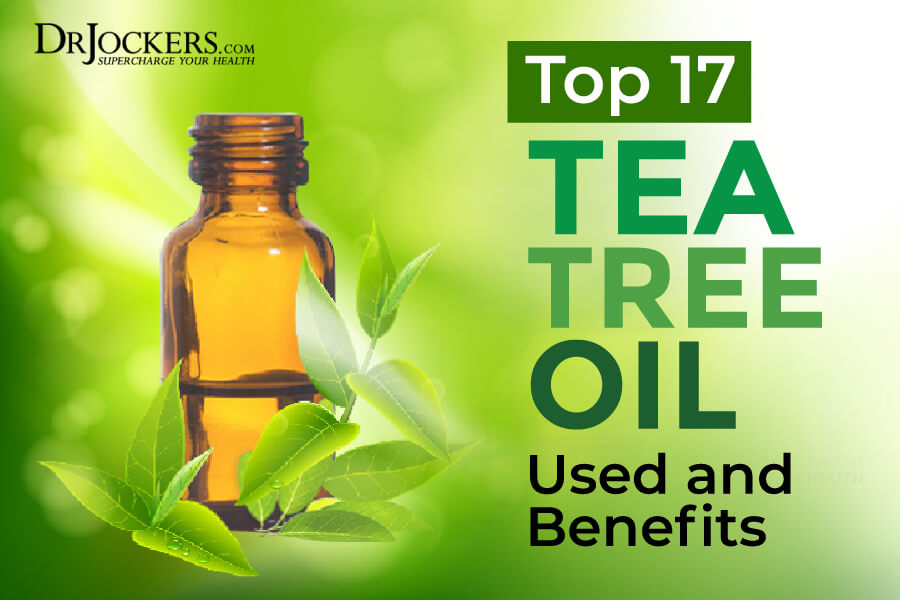 Top 17 Tea Tree Oil Uses and Benefits
Top 17 Tea Tree Oil Uses and Benefits
Of all the increasingly popular essential oils, Tea Tree oil (melaleuca alternifolia) is the most researched for its medicinal efficacy. Numerous studies have demonstrated the antiseptic, antifungal, antibacterial, antiviral and anti-inflammatory properties of this simple, yet powerful oil. Because of these properties, Tea Tree oil uses are diverse.
Tea Tree oil has been applied over centuries to treat a wide range of health conditions. It’s not wrong to say that Tea Tree oil is literally a ‘medicine kit in a bottle’. To help you understand what I mean by this, I have broken down the healing properties and my favorite Tea Tree oil uses.
Powerful Healing Properties
You’ll be impressed as you review this guide to the powerful properties of Tea Tree oil. Before I explain the extensive list of uses, it helps to know the healing properties of the oil that allow it to exert beneficial effects on the body.
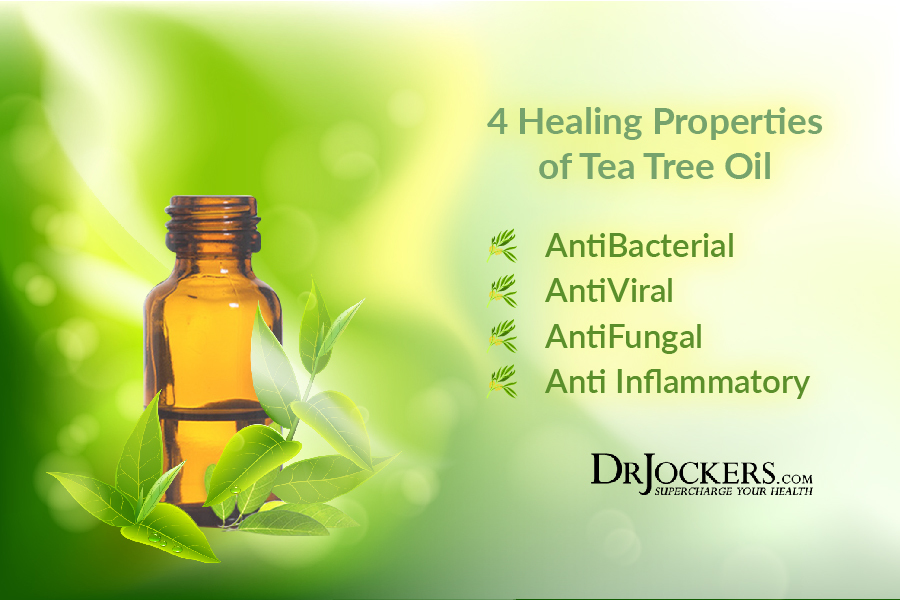
Antibacterial
A recent study has successfully demonstrated the effectiveness of Tea Tree oil infused body washes in fighting Staphylococcus Aureus, also known as MRSA or ‘hospital bug’ (1). Controlling infections in hospitals is a challenge as more and more pathogens are becoming resistant to common antibiotics.
A clinical trial held over an 18-month period at the Westmead Hospital in Sydney showed that 21% of patients treated consistently with Tea Tree oil were no longer infected with golden staph or MRSA as compared to 23% patients who received regular treatment with antibiotics. In other words, Tea Tree oil had antibacterial effects that were statistically comparable to prescription antibiotics.
As stated by the head scientist of the research, “this is an important step in developing Tea Tree products for use in clinical settings”.
Antiviral
According to a study conducted by Dr. Christine Carson and her team at The University of Western Australia, Tea Tree oil’s significant antiviral activity could help in fighting viral infections like Herpes simplex which cause cold sores (2).
In vitro studies have demonstrated the oil has the potential to inactivate herpes simplex virus. Between 20-40% of people develop cold sores on an annual basis and there is no known preventive cure against it. Tea Tree oil shows a great deal of antiviral potential.

Anti-fungal
Fungi have been harmful to humans for millennia and are also known to cause infections like Tinea, Vaginitis, Candida and Thrush. A 2003 study on Tea Tree oil demonstrated it kills dermatophytes that cause ringworm or tinea fungal infections and was also effective against Candida Albicans that causes Vaginitis (3).
The researchers concluded that topical Tea Tree oil may be suitable for treating oral and vaginal thrush as well as seborrheic dermatitis and dandruff.
Anti-inflammatory
A study conducted in the Flinders University demonstrated that application of 100% Tea Tree oil dramatically reduced skin inflammation in a group of volunteers injected with histamine (4).
Professor-Finlay Jones, head researcher of the study stated that this could find application in treating nickel sensitivity, scabies, allergies caused by insect bites as well as sensitivity to plant components and other irritants.
17 Uses for Tea Tree Oil
The 4 healing benefits of Tea Tree oil that are outlined above are what give it such a diverse set of uses. Below I am going to outline my top 17 Tea Tree oil uses so you can better incorporate this powerful remedy into your life.
Tea tree oil is one of many great essential oils with therapeutic properties. You can find some good at home essential oil tips here
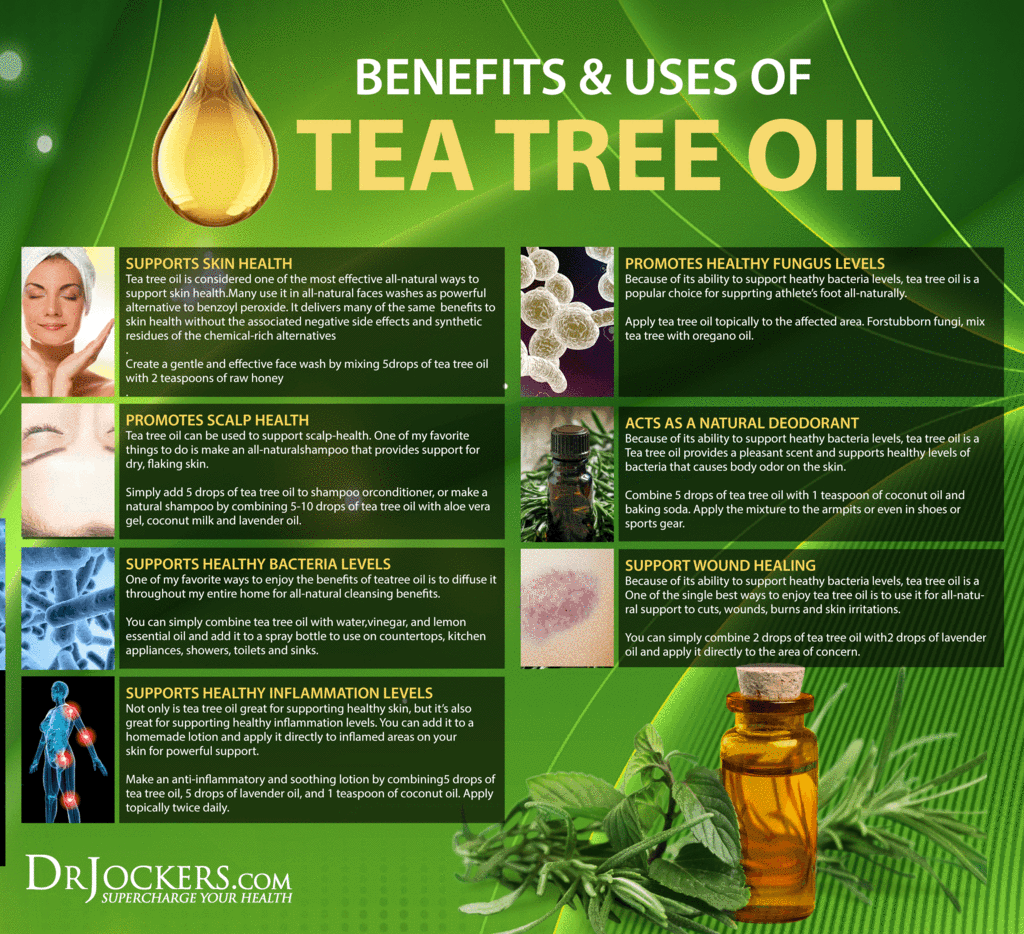
Acne and Pimples
Acne is a common condition caused by hormonal imbalance, stress, gut health, and overactive sebaceous glands. A clinical trial setting involved 124 patients suffering from mild to moderate acne (5). They were treated with 5% Tea Tree oil while a control group was treated with 5% Benzoyl Peroxide.
At the end of the trial, researchers concluded that both 5% Tea Tree oil and Benzoyl Peroxide were equally effective in treating acne and helped reduce the number of inflamed lesions.
Arthritis
Research is still underway to study the efficacy of Tea Tree oil for relieving pain caused by rheumatoid and osteoarthritis. However, Elmore oil (which is a mixture of Tea Tree oil and other pain relieving oils like Eucalyptus, etc.) has been studied and has shown promising results for arthritis sufferers (6).
Blepharitis and Eye Issues
In a study, roughly three hundred patients with blepharitis (an eye disease characterized by eyelid dryness, irritation and pain) as well as Demodex mite infestation of eyelid symptoms were treated with Tea Tree oil (7).
When used regularly, a Tea Tree oil eyelid scrub was found to be effective in eliminating Demodex mites and the severity of blepharitis symptoms were also seen to decrease with the scrub.
Boils and Abscesses
Boils are painful, pus-filled lesions which can occur anywhere on the body. They occur due to inflammatory swelling around hair follicles often due to bacterial infection.
The anti-inflammatory and antimicrobial properties of Tea Tree oil can help heal boils quickly and prevent recurrence when applied directly to the effected area.
Bruises, Burns and Sunburn
The Australian Tea Tree Oil Association recommends using Tea Tree oil for washing the burnt/sunburnt skin in order to alleviate pain and prevent blistering.
Likewise, to heal cuts and wounds quickly, one can apply Tea Tree oil on the affected areas twice a day until it is healed. The oil helps clean, disinfect and soothe the skin to promote healing. Tea Tree oil can be used along with pure Aloe Vera gel to help with these conditions as well.
Cystitis (UTI)
Cystitis is a type of bladder or urinary tract infection which causes pain and burning during urination. It is caused by escheria coli bacterium that passes from the bowels to the urethra and into the urine.
Since Tea Tree oil is antibacterial, it may be beneficial in fighting cystitis. However, you must not ingest Tea Tree oil; rather use it as a bath oil or dilute it and apply externally to the urethra to get relief from burning pain.

Dental and Oral Care
Tea Tree oil effects have been studied in fighting dental infections and periodontitis (8). In a randomized controlled setting observing parameters of dental health, the Tea Tree oil group showed significant reduction in pain and plaque formation when used as an oral rinse.
The antifungal, cytotoxic and immune-modulatory properties of Tea Tree oil were also seen to have a potential role in helping alleviate discomfort in cancer patients who are experiencing oral candidosis (9). Gingivitis, tooth ache, bad breath and mouth ulcers can all be prevented and treated with Tea Tree oil.
Dermatitis
Dermatitis is a inflammatory disorder of the skin often associated with autoimmunity. The reason why Tea Tree oil is used in many cosmetics and topical pharmaceuticals is due to its anti-inflammatory, antimicrobial and analgesic properties. These properties are useful in treating seborrheic dermatitis of hair and scalp, psoriasis, eczema and other allergic skin conditions.
At the same time, Tea Tree Oil is sometimes reported to have caused certain types of skin reactions so it is important to spot test on the back of your hand before using for this purpose. It may be necessary to dilute it in a carrier oil such as coconut oil before applying.
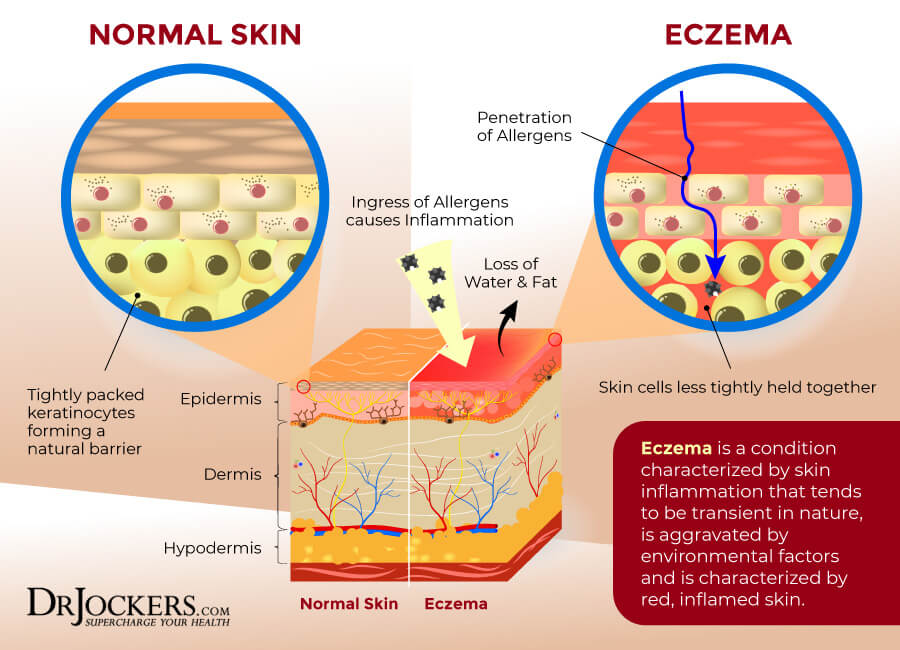
Fungal Infections
Australian aborigines used Tea Tree oil to treat all kinds of fungal infections like toenail fungus, tinea or ringworm infections as well as drug resistant vaginal candidiasis. When used as an oral rinse or mouthwash, Tea Tree oil has beneficial effects against drug resistant oropharyngeal candidiasis.
Hair Issues
As mentioned above, Tea Tree oil can fight dandruff or seborrheic dermatitis. It has also been studied and shown positive effects in treating head lice and nits (10).
For this, a few drops of Tea Tree oil can be combined with aloe vera gel and applied to the scalp 30 minutes before showering.
Insect Bites
Tea Tree oil is a wonderful insecticide and can prevent bug bites. Simply apply to your skin and clothes as a natural mosquito repellant.
It can also be used for treating insect bites and bee stings. Its anti-inflammatory and analgesic properties help to prevent pain and swelling.
Muscular Aches and Pains
Almost all essential oils are anti-inflammatory in some form which makes them beneficial for massage. Tea Tree oil’s pain relieving properties make it especially suitable for massage therapy or as a component of a healing bath.
Add a few drops of Tea Tree oil along with peppermint, eucalyptus, and lavender to bath water and soak in it for up to 20 minutes to get instant relief from pain caused by fibromyalgia, stress, arthritis, injury etc.
Respiratory Infections
According to aromatherapist Ingrid Perri, Tea Tree oil can treat colds, sore throats and sinus infections within 2-3 doses. You can use the oil to gargle and also for steam inhalation to get quick relief from symptoms like throat pain and nasal congestion.
Note that Tea Tree oil has a strong taste and is not suitable for consumption. So it is imperative you spit it out after a few seconds when gargling.
Vaginal Infections
Women suffering from frequent vaginal infections and azole-resistant Candida infections have experienced relief by using Tea Tree oil in bath water or as a douche. In-vitro and In-vivo tests show that the terpinen-4-ol content of Tea Tree oil could control C. Albicans which is responsible for vaginal candidiasis (11).
Varicose Veins
A combination of Aloe Vera and Tea Tree oil can help combat pain, swelling and discomfort caused by spider veins and varicose veins. Both are anti-inflammatory and analgesic which relieve pain and help the swelling go down.
Aloe Vera may be consumed (50-200 mg of extracts in form of juice or tablets) while Tea Tree oil can be used as a compress and applied to affected areas.

Warts
The antibacterial, antiviral and antiseptic properties of Tea Tree oil help the body fight microbes which cause warts, skin tags and other skin irregularities.
Warts are mainly caused by a variant of the Human Papilloma Virus (HPV). When Tea Tree oil is applied directly to them, it can combat the HPV virus and help to naturally remove warts.
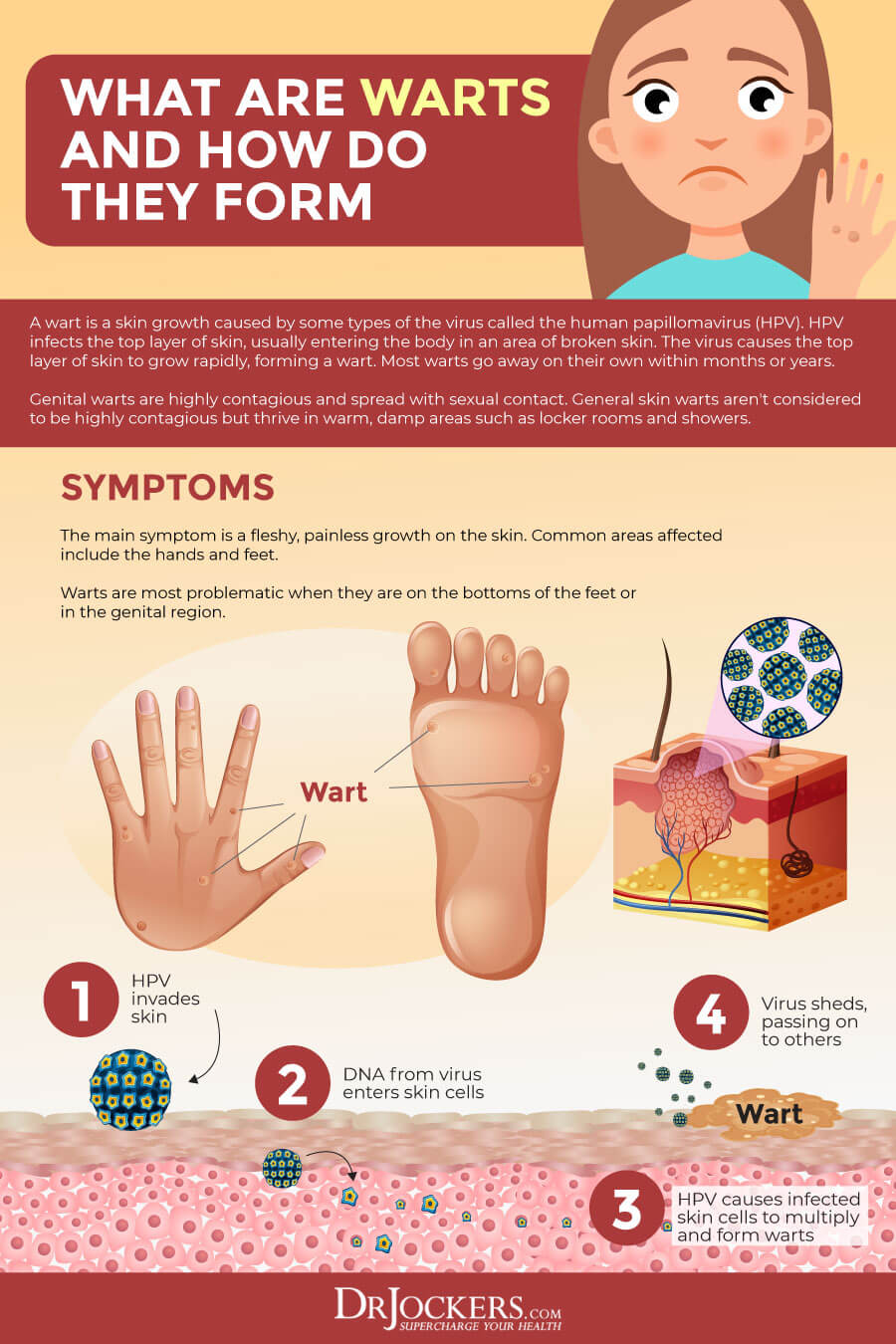
Hair Removal Companion
Tea Tree oil can be used for preparing the skin before waxing or shaving. Many estheticians and cosmetologists are known to use the oil to wipe down the skin prior to waxing or shaving. This removes excess sebum and prevents in-growth of hair.
Post waxing and shaving, the oil can prevent infections, rashes and blisters as well as inflammation of the waxed area.
Bonus Uses For Tea Tree Oil
- Apply a diluted mixture to diapers in order to prevent diaper rashes in babies.
- The oil is excellent as an all-natural household cleaner and helps eliminate disease causing bacteria, viruses and molds from kitchen, bathrooms and other areas.
- Mix with lemongrass, eucalyptus, rosemary, and citronella for a natural mosquito repellant.
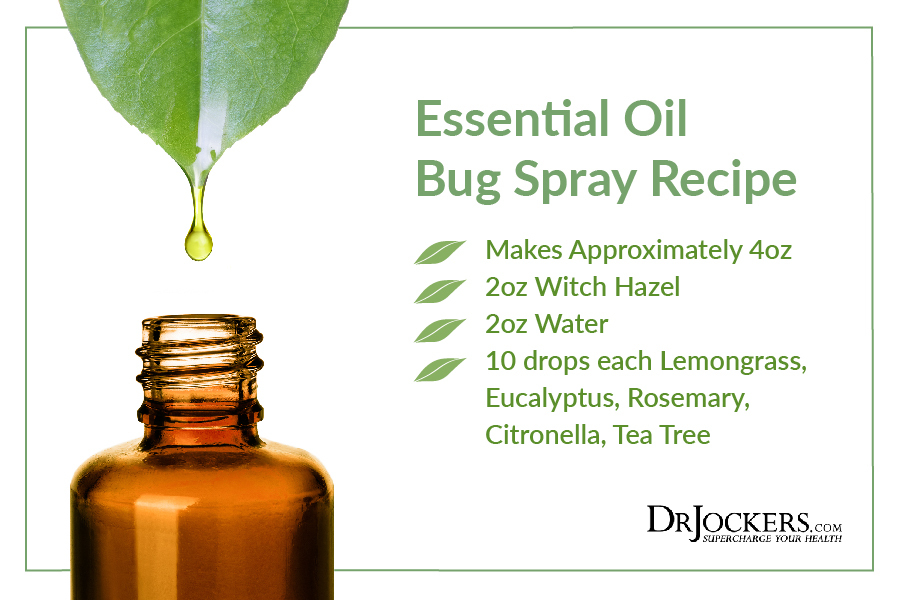
Conclusion
You can feel comfortable relying on Tea Tree oil as your ‘medicine kit in a bottle.’ Historically, Tea Tree oil has been extensively used to successfully treat an extraordinary range of health conditions.
This is mainly because of its anti-inflammatory, anti viral, anti bacterial and anti fungal properties. These properties have also been subjected to extensive and comprehensive studies.
Author Bio:
 Jill is a full-time resident on the exotic island of Bali, Indonesia. When she’s not free-diving in the Indian Ocean, Jill spends time researching and writing about the medicinal and practical uses for essential oils and other natural oils at https://purewildoils.com. She is a committed advocate of discovering and using Mother Nature’s alternative solutions over potentially harmful man-made products.
Jill is a full-time resident on the exotic island of Bali, Indonesia. When she’s not free-diving in the Indian Ocean, Jill spends time researching and writing about the medicinal and practical uses for essential oils and other natural oils at https://purewildoils.com. She is a committed advocate of discovering and using Mother Nature’s alternative solutions over potentially harmful man-made products.
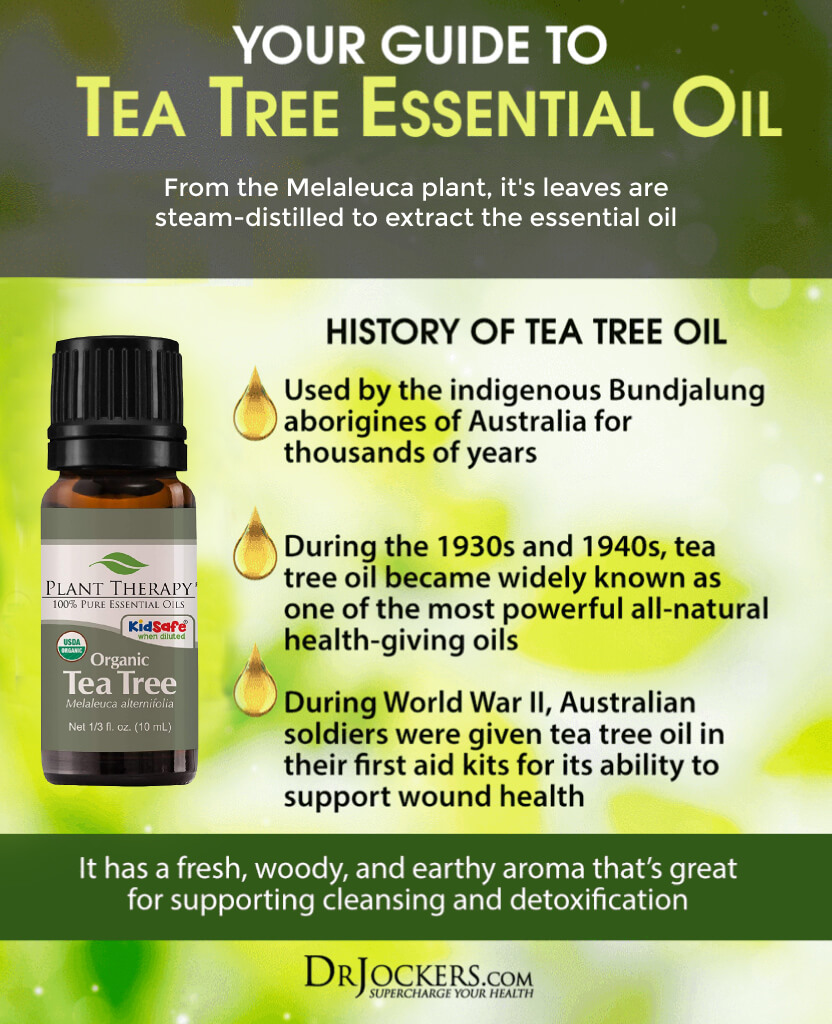
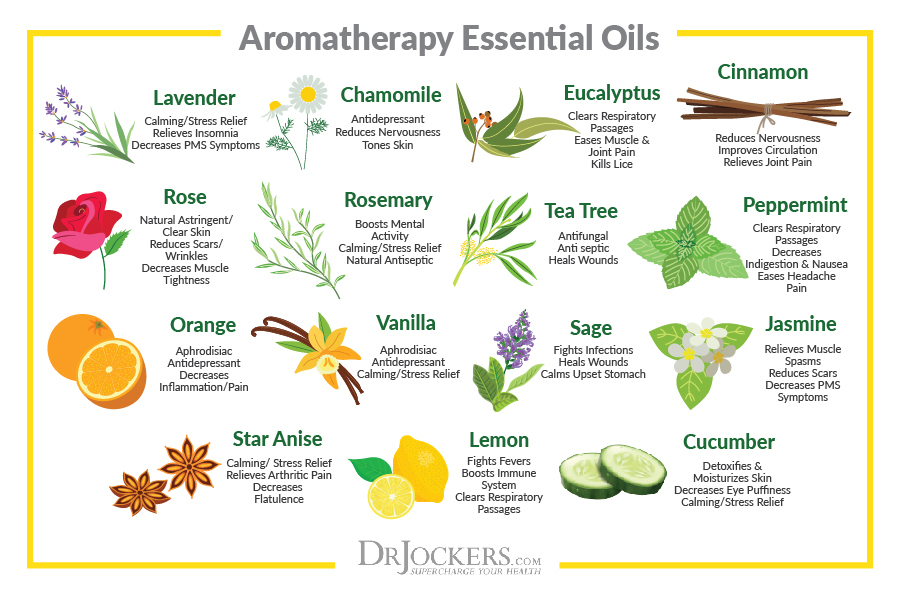
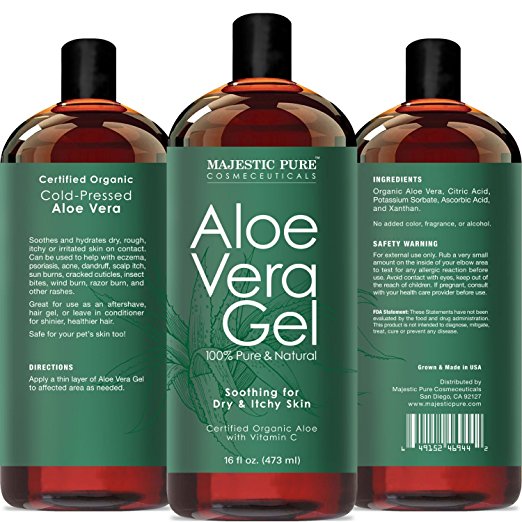
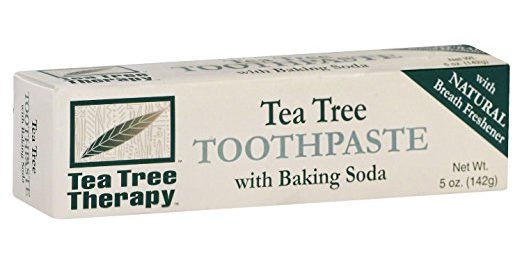
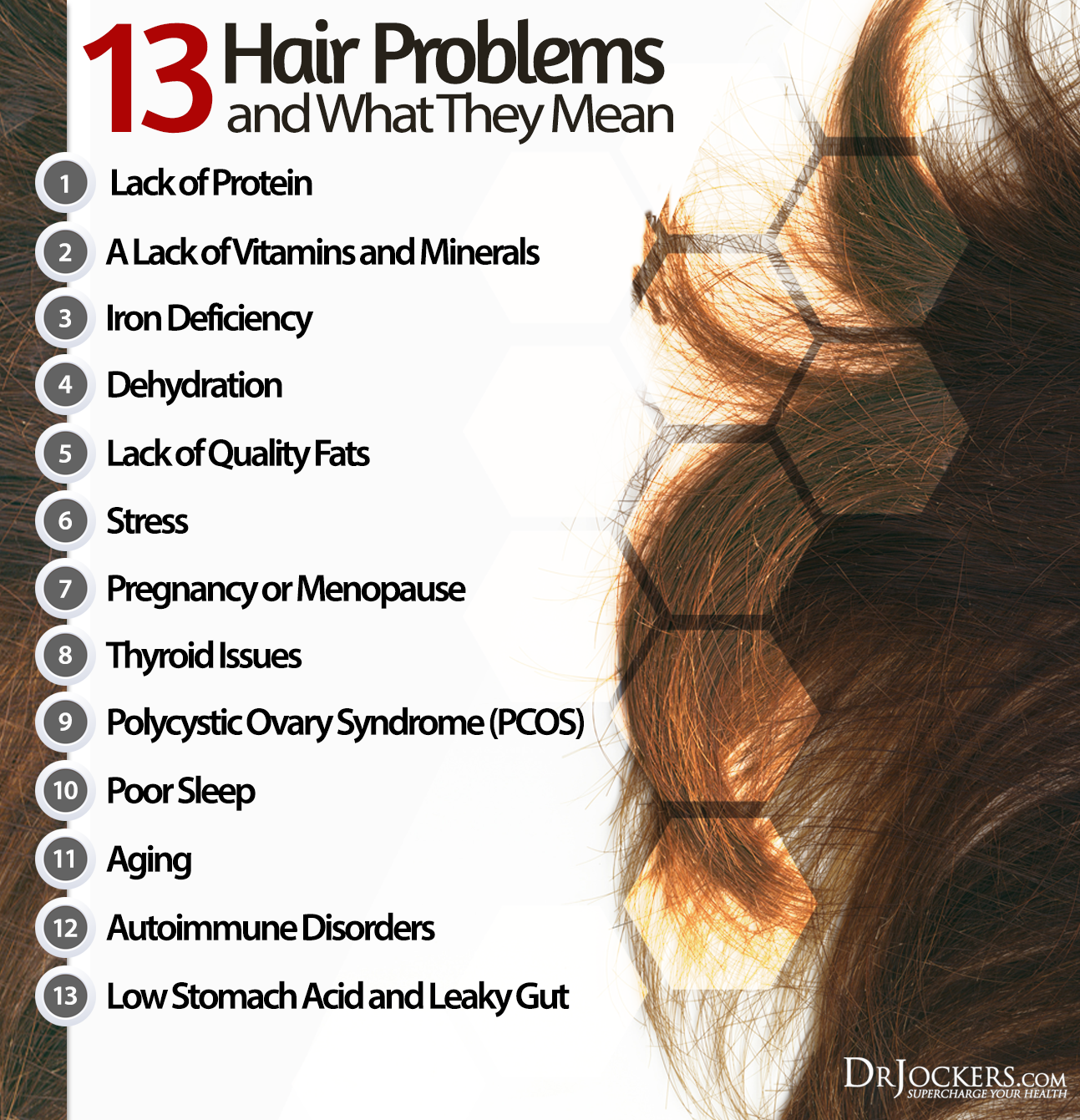

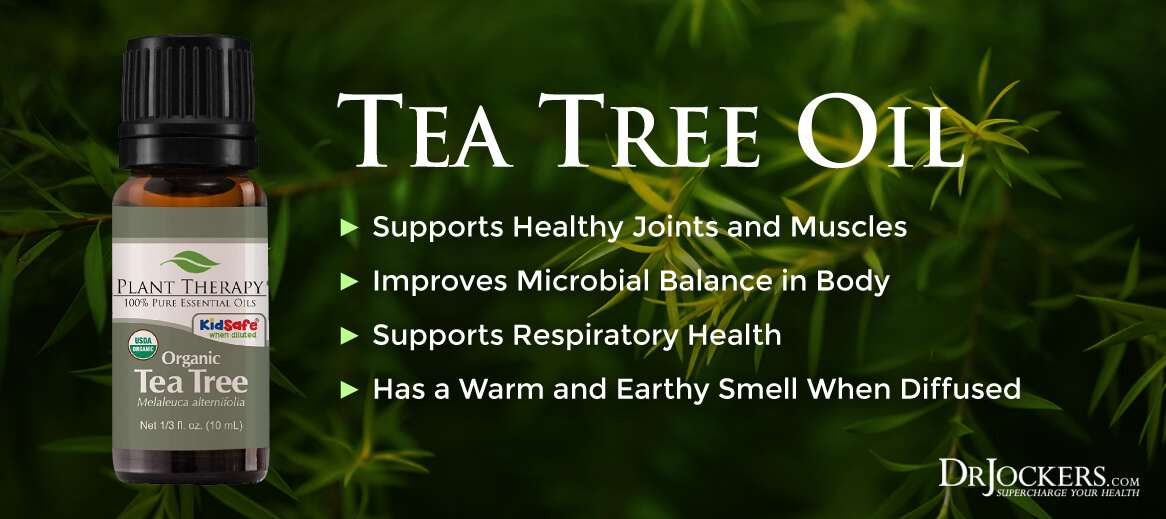



Very informative article! Tea tree oil is very beneficial for skin care. It can treat many skin problems because of its antibacterial and antiseptic properties. Thanks for sharing.
Thanks for reading Harvey!
how should Tea Tree Oil be used to treat MRSA?
Hey Mordchai, This study details the use of tea tree oil for its medicinal properties. I recommend that you consult with a functional health practitioner to customize a protocol that meets your health needs!
I am wondering if melaleuca can be nebulized. Since it is anti-bacterial and anti-fungal, it sounds like it would work. I am looking for a natural treatment to fight mycobacterium in the lungs.
EO’s are too strong to nebulize but I would recommend applying topically with carrier walls and diffusing it throughout your home or the room you are in.